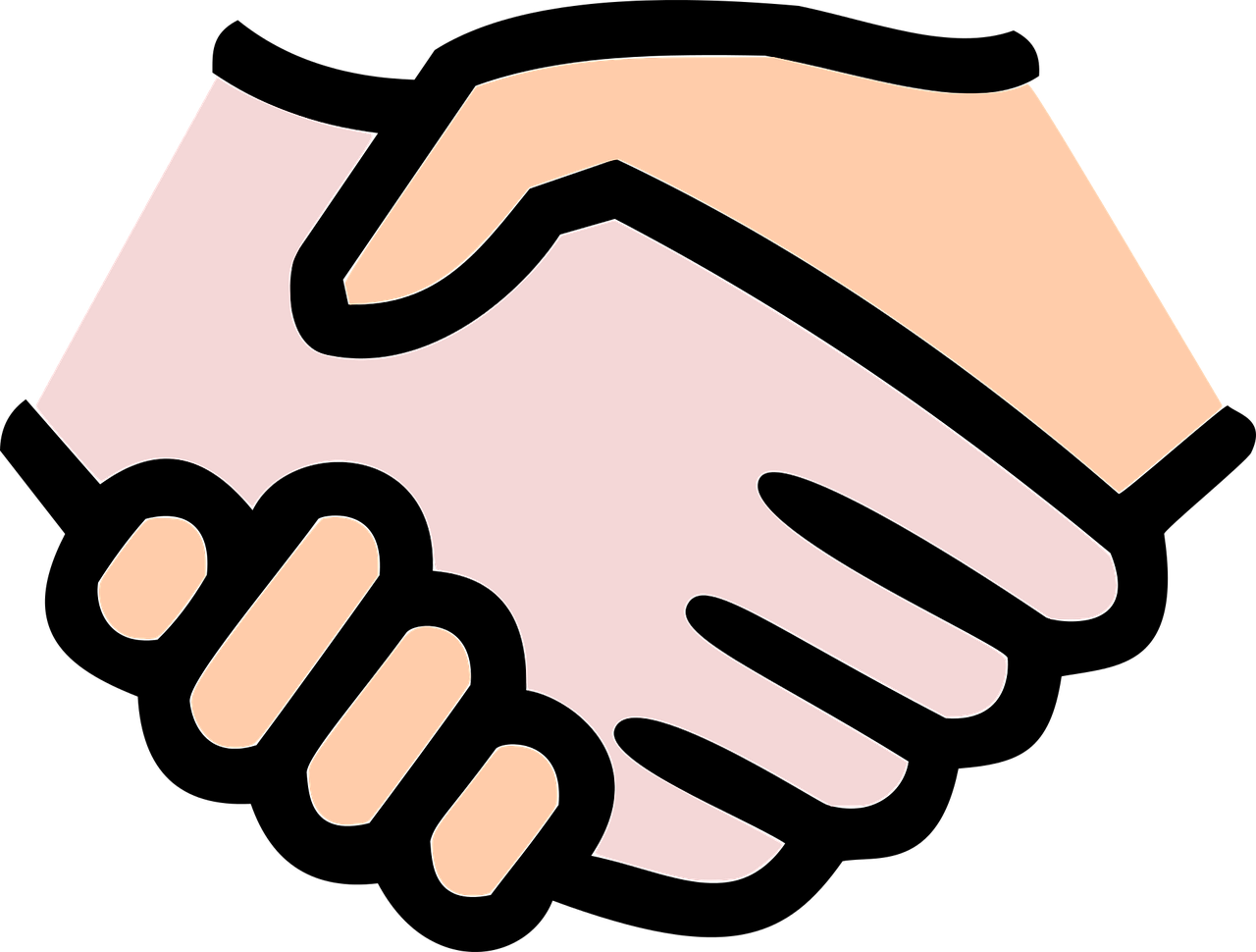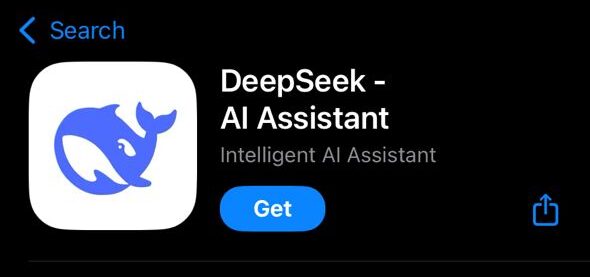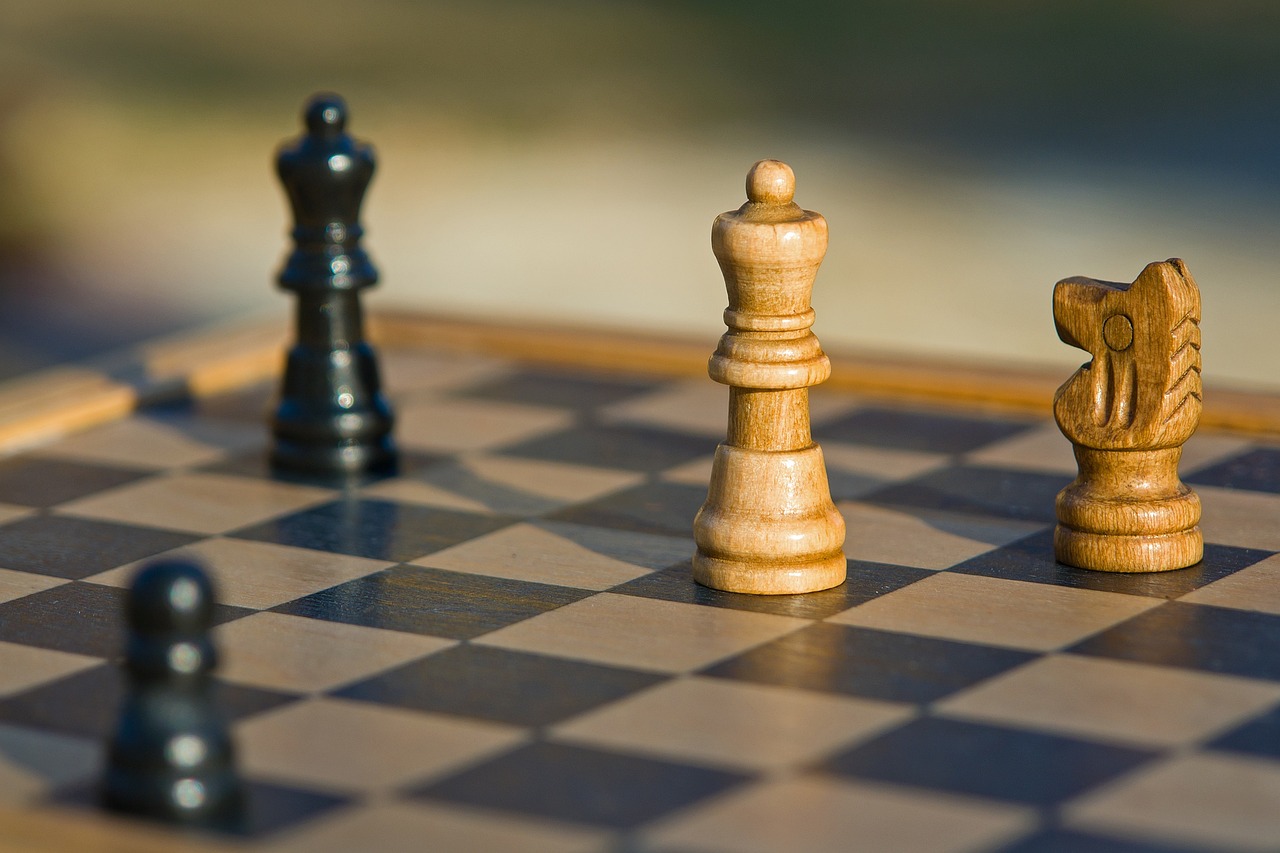If you’ve ever read the Bible, you’ve probably come across the word “lord” countless times. But have you ever stopped to think about what it really means? In today’s world of democracies and republics, the concept of lordship isn’t something we experience daily—except when we talk about landlords. That’s right, the idea of a “lord” still lingers in the ownership of property, but its true meaning goes much deeper than that.
Kings and Lords: What’s the Difference?
Every kingdom needs a king, but did you know that every king is automatically a lord? That’s what makes kings different from presidents, prime ministers, or governors. A president is elected. A governor serves for a term. But a king? A king rules by birthright, and his lordship is part of that identity. He isn’t just in charge—he owns everything within his domain.
So, what’s the real difference between a king and a lord? Think of it this way: a king is about dominion (his authority), while a lord is about domain (his territory). Kings rule, but lords own. Without ownership, there is no true kingdom. Imagine someone calling themselves a king but having no land to rule over—that wouldn’t make much sense, right? That’s because a king’s power isn’t just about ruling people; it’s about owning the land they live on.
The Lordship Principle: Ownership Is Key
Here’s where things get interesting. In a democracy, private property belongs to individuals. But in a kingdom, everything belongs to the king. The land, the rivers, the animals—even the people—are all under the king’s ownership. This means the people living in the kingdom don’t actually “own” anything; instead, they are stewards of what the king allows them to use.
And here’s another key difference: in a democracy, if a president gives someone property, it’s called corruption. But if a king gives someone property, it’s called royal favor—and no one questions it! The king has the absolute right to give or take away anything in his kingdom because it all belongs to him.
Why Kings Want Bigger Kingdoms
Ever wonder why kings throughout history were obsessed with expanding their territories? It wasn’t just about power—it was about wealth. A king’s riches were tied to how much land he owned. The bigger the kingdom, the more resources, people, and influence he had. That’s why the great European kingdoms of the past—like the British, French, and Spanish empires—set out to colonize as much land as possible. More land meant more prestige, more wealth, and greater glory.
The Ultimate King and Lord: God
Now, let’s take this understanding and apply it to the greatest King of all—God. In the Bible, God isn’t just called King; He is called Lord over everything. Why? Because He created everything, and that makes Him the rightful owner. One of the most common Hebrew words for God is Adonai, which literally means “owner” or “master.” That’s why, throughout Scripture, God is repeatedly referred to as Lord—because He owns it all.
Think about this powerful truth: “The earth is the Lord’s, and everything in it, the world, and all who live in it” (Psalm 24:1-2). That means every resource, every nation, every person—all belong to Him. And just like earthly kings can distribute their property however they wish, God also chooses how to bless and provide for His people.
Living in the Kingdom Mindset
Understanding the difference between a democracy and a kingdom changes everything about how we see God. In a democracy, we think in terms of rights and ownership. But in a kingdom, we recognize that everything we have is God’s, and we are simply stewards of His resources. This changes our attitude toward wealth, success, and even generosity.
When we understand God as both King and Lord, we learn to trust Him more. After all, if He owns it all, He has the power to provide for our every need. And that’s a truth worth holding onto.
Have any thoughts or questions? Drop them in the comments—I’d love to hear what you think!





